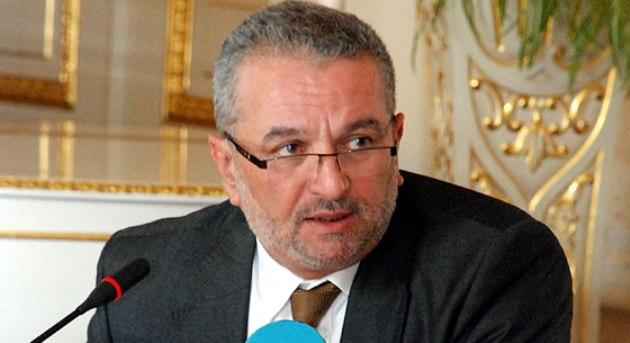After an eight-year break, Czech Labor Ministry to follow up on excluded localities research

After an eight-year hiatus, the Czech Labor Ministry has announced it wants to repeat its research into so-called excluded localities. The ministry wants to determine whether ghettos in the Czech Republic have changed and whether there are more of them.
The ministry announced a tender for the research and received three bids. The company ultimately selected is the same as the one that produced the first analysis eight years ago, according to the official bulletin where such information is published.
In 2006, a team led by Czech sociologist Ivan Gabal researched the situation. Mr Gabal is now a recently-elected MP for the Christian Democrats (KDU-ČSL).
According to the 2006 findings, there were more than 300 impoverished apartment buildings and neighborhoods throughout the country. Around 80 000 people were living in them, most of whom were Romani.
Expert estimates and findings from the field in recent years report that the number of problematic localities has risen. According to the head of the Czech Government Agency for Social Inclusion, Martin Šimáček, there are already more than 400 such localities total.
The number of people at risk of being marginalized is also growing. As many as 100 000 people could be living in residential hotels throughout the country today.
The ministry will pay Gabal’s GAC company a maximum of CZK 5.1 million to perform the analysis. According to the commercial registry, he has not been CEO of the firm since last December.
The authors will be commissioned to elaborate a "complete overview" of all so-called excluded localities. This should also include a list of places at risk of exclusion.
The researchers should map how the situation has developed in recent years, whether some previous sites no longer exist and how many new ones have sprung up. The ministry also wants to know the reasons the sites have appeared or disappeared and the names of the municipalities to which people in need have moved.
The research is also supposed to determine how EU money is being used to address the situation in 20 selected municipalities. The ministry wants recommendations on how such financing programs should be focused in future and where EU monies should be used.
The situations of ghettos and their surrounding neighborhoods will have to be addressed by the incoming government. Its coalition agreement includes plans to design a social housing bill.
Incoming Human Rights Minister Jiří Dienstbier (Czech Social Democrats) is counting on spending most of his time in office on the issue of social exclusion. He has said he wants to coordinate the steps taken by the Education Ministry, the Labor Ministry, and others to make sure they are working in tandem.